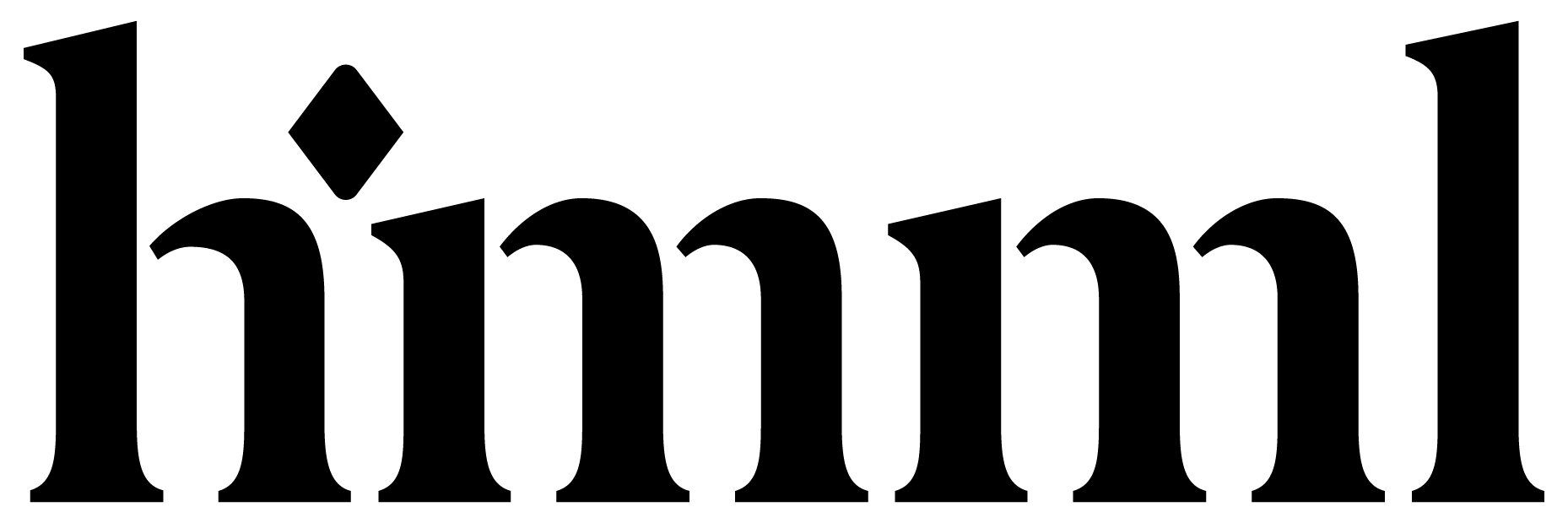Bibles: HMML Special Collections
Bibles
Special Collections includes a large collection of Bibles - both texts and commentaries - dating between the 9th and 20th centuries. These include Latin Bibles in early print (15th-16th centuries), medieval manuscripts and fragments, Bible editions in Greek, Ge’ez, German, French, and Church Slavonic, as well as the earliest printed editions of the Gospels in Arabic and Syriac.
Highlights
The Bible in Manuscript Facsimiles
The teaching collection at HMML includes facsimiles of important Biblical manuscripts:
- Codex Sinaiticus
- Codex Vaticanus
- Codex Purpureus Rossanensis
- Lindisfarne Gospels
- Book of Kells
- Psalms and Gospels in Church Slavonic
- Commentaries on the Bible (especially the Apocalypse) and liturgical use of the Bible (lectionaries, Psalters, etc.)
Early Bible Manuscript Fragments
Many fragments including:
- 9th-century Carolingian fragments from a Biblical commentary
- 9th-century Coptic Psalter fragment
- 12th-century Armenian fragments of the Gospel of John
- 12th-century Latin glossed Gospel of Matthew
- leaf from a 13th-century Latin glossed Bible (HMML Ms. Frag. 19)
- Hebrew Bible fragment in Samaritan script (HMML Ms. Frag. 37)
Complete Manuscripts of Bible texts
- Latin New Testament (c. 1300, Italy), the earliest complete manuscript Bible text in the collection (SJU Ms. 12)
- Ethiopian Manuscript Psalters and a copy of the Gospel of John in Ge'ez
- Bible lectionary in Coptic (with Arabic rubrics)
The Bible in Print
Incunables (books printed before 1501) Six complete or significant portions of Latin Bibles:
- Naples, 1476
- Cologne, 1480
- Strasbourg, 1481 (the “Glossa Ordinaria”)
- Venice, 1482/83
- Speier, 1489
- Basel, 1491 (first printed Bible in octavo format)
Individual leaves from incunabula
- Rare leaf of the 1459 Benedictine Psalter from Mainz (printed on parchment)
- Several leaves from German-language incunabula Bibles (printed by Koberger in 1483 and Gruninger in 1485)
Early printed Bibles in Latin and Greek from the 16th and 17th centuries
- Latin Bible editions date from 1501, 1513, 1519, 1532, 1540, 1546, 1558, 1562, 1565, 1569, and more (many have extensive illustrations)
- Important Greek editions of the New Testament include those of Desiderius Erasmus (1519), Simon de Colines (1534), Robert Estienne (1st edition, 1546, and 3rd edition, 1550), as well as Theodore Beza’s 1565 Geneva edition.
Other important early Bible editions
The collections reflect the rapid expansion of Biblical studies in the 16th century through editions such as:
- The earliest printed Gospels in Arabic (Rome, 1590)
- The earliest printed Gospels in Syriac (Vienna, 1555)
- The Gospels in Italian (Lyon, 1556)
- Complete Bibles in German (Cologne, 1572 and 1584)
- Complete Bible in French (Paris, 1544)
- Complete Bible in Old Church Slavonic (Ostroh, 1581)
The Reformation and the Bible
Important early monuments to the changing mode of reading the Bible during the Reformation include editions of:
- Luther’s Bible translation in a facsimile of the 1534 edition
- Editions of Luther's translation from 1626 (Wittenberg) and 1720 (two separate editions from Basel and Nuremberg)
- A facsimile of Tyndale’s 1526 English New Testament
- A 1539 revised Latin Bible
- A French Bible from Geneva (1588)
Printed English Bibles
- First edition of the Rheims New Testament (1582)
- First edition of the Douay Old Testament (1609)
- A leaf from the Coverdale Bible (1535)
- A leaf from The Matthew Bible (1549)
- Representative leaves from the Great Bibles and King James Bible (1539-1611)
- The Whole Booke of Psalmes (edited by Sternhold, 1584)
- Three 17th-century editions of the King James Bible (1657, 1660 London edition, and 1660 Cambridge edition)
Printed Polyglot Bibles
One can study the early modern interest in the original languages of the Bible from the following editions:
- The Genoa Psalter (Genoa, 1516)
- The Plantin Biblia Regia (in eight volumes; Antwerp, 1569-1572)
- The London/Walton polyglot Bible (in six volumes; London, 1654-1657)
- A leaf from the Complutensian Polyglot (Alcalá, 1516/1520)
20th-Century Fine Press Bibles
Artistic responses to the Bible can be found in works like:
- The Doves Bible
- The Barry Moser Bible
- Gospels - designed by Eric Gill
- Bibles or individual Biblical books designed by Eric Gill, Bruce Rogers, Rudolf Koch, Valenti Angelo, Ben Shahn, and many others
